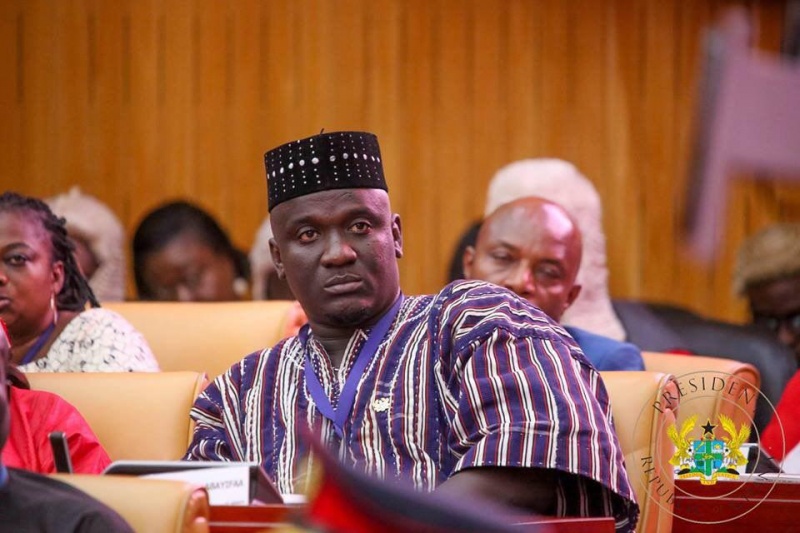
The country’s largest power producer, Volta River Authority, has begun processes to strip itself of various non-core subsidiary businesses, as it seeks to focus on its core mandate of power generation, mitigate its losses and improve the performance of these loss-making entities.
Akosombo Hotel Limited; the Volta Lake Transport Company; Kpong Farms; and VRA Property Holding Company (VRA PROPCo) are all earmarked for privatisation while two other subsidiaries – the VRA Health Services Limited and VRA Schools -are to be set up as separate self-sustaining entities, given their ‘social service’ role.
The processes to set up the schools and health facilities owned by the Authority as viable self-sustaining units have begun, with a recent Request for Expression of Interest (RFI) of the Business Model Review for both the VRA International Schools and hospitals.
In the RFIs published in newspapers this week, the VRA is seeking to apply part of its internally generated funds (IGF) to make payments for the contract of consultancy services for a business model review of both the VRA International Schools and the VRA Hospitals.
“Output of the consultancy assignment will include a diagnosis of the current business model, business frameworks (options), proposed business model, a gap analysis and implementation plan,” said the RFI on the Business Model Review of the VRA International Schools published on Tuesday, May 22, 2018.
Mr. Kweku Andoh Awotwi, Board Chairman of the Authority, told B&FT in an earlier interview that: “All of them must be privatised. Government is ready for VRA to take a minority, about 49 percent, and the private investor takes a 51 percent stake.
“That case can be made for hotels, transport company, farms, and the property company. The idea is for a private partner to come in and take the majority shares. VRA will stay in to keep government’s interest and we will all move together. But the private company will have the freedom to operate, which is good.”
He added that: “In respect of the schools and hospitals, there is a bit of social services to it – especially the hospitals. Yes, the idea is to make them self-sustaining companies though they may not have the same privatisation model as the lake transport or hotel, but we will find a way to set them up by themselves somehow”.
A case for privatisation
The state-owned power generating company is currently responsible for the wages and salaries of about 520 employees in its property department, as well as its hospitals and schools, which do not form part of its core business.
The delineation of its non-core businesses is expected to lead to a reduction in cost of production and ultimately end-user tariffs, as VRA will be more efficient and produce power at a cheaper cost.
The entities for ‘sale’
The Akosombo Hotel Limited, a 3-star luxury 50-room hotel situated on a serene mountain overlooking the majestic Akosombo Hydroelectric Dam in the Eastern Region, is one of the subsidiaries up for privitisation. The hotel is the main entity that promotes tourism activities in the area, with the Dam and Volta Lake at the core.
Volta Lake Transport Company (VLTC) – which operates water-borne transport with a fleet of 19 passenger vessels, cargo ships and barges is also another subsidiary for which management and private capital is sought.
Kpong Farms was set up to undertake viable agricultural ventures in irrigation and mechanised farming, animal husbandry and meat processing by harnessing water resources from the Volta Lake.
The VRA Property Holding Company (PROPCo) currently performs the mandated functions of Planning, Acquiring, Developing, Maintaining and Managing the Authority’s Townships, Estates and Properties. The company, which previously operated as a Support Service to VRA on a non-profit basis, now functions as a Strategic Business Unit to generate revenue.
Source : thebftonline.com


































